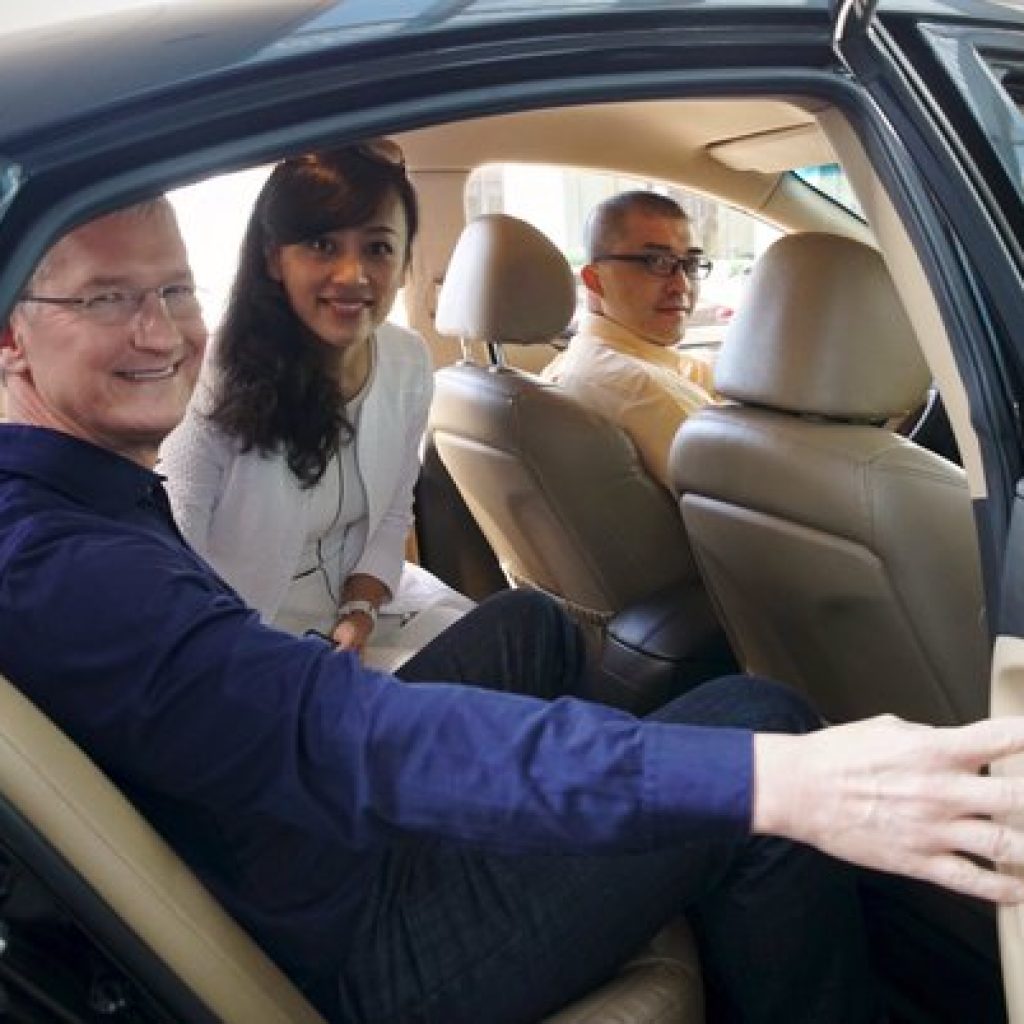
Apple Inc’s $1 billion investment in car-hailing app Didi Chuxing in May helped accelerate Uber’s decision to agree a halt to a costly two-year battle with its rival in China, people close to the companies and analysts said.
Didi Chuxing Technology Co and Uber Technologies Inc raised billions of dollars in funding and spent heavily on discounted rides as they slugged it out for drivers, passengers and market share in the world’s second-biggest economy.
Uber finally ceded this week, realizing it was no match for a cash-rich rival with the backing of three of the world’s largest technology giants. It agreed to give up its independence in return for a nearly one-fifth stake in a bigger Didi.
Didi raised far more money than Uber China making China the first market where Uber’s strategy of outspending its chief competitor faltered, pushing it to surrender. Apple’s support for the Chinese firm made it clear it would be difficult to beat Didi just through funding.
“The Apple investment is one of the factors that influenced the decision,” said a person close to the companies, who couldn’t be named because the discussions were private. “Both sides raised enormous amounts of capital. They were probably thinking this was going to escalate to nuclear warfare, which raised the question: do we really want to assure mutual destruction?”
Didi unveiled a $7.3 billion funding round in June from investors including Apple, China Life Insurance Co Ltd, Ant Financial and other new shareholders, giving the company a $28 billion valuation – making it the world’s third highest-valued venture-backed start-up.
With backing from Chinese Internet giants Alibaba Group Holding and Tencent Holdings, Didi says it has $10.5 billion in available funds.
Uber CEO Travis Kalanick set out a year ago to woo investors, with a need to match Didi’s fundraising so it could also match its rival’s spending. In the end, Uber China raised more than $1.5 billion from China Life, state-owned banks, search giant Baidu Inc and others, valuing it at about $8 billion. It also counted on funds from Uber Technologies in the U.S.
Uber says it is profitable in the United States, Canada and about 100 cities, and used those earnings to subsidize its China operations. Didi says Uber China made less than $60 million in net profit last year.
As recently as June, Uber was hoping its rapid growth in China would help it overtake Didi by 2017. In a March interview with Reuters, Kalanick rebuffed talk that Uber was considering a sale of its China business, and said he was committed to the country for the long term.
© 2016 Reuters. All Rights Reserved.
